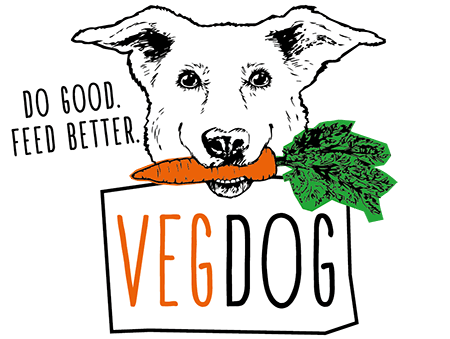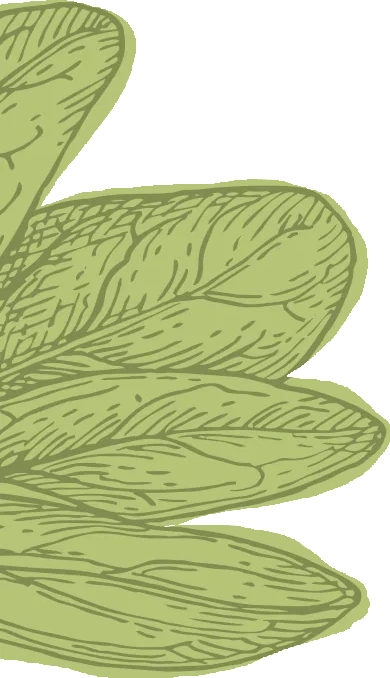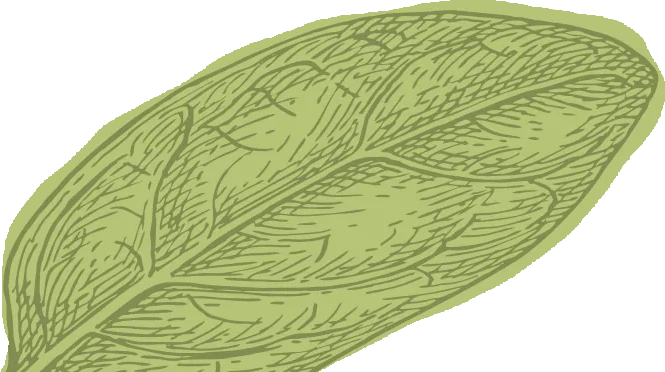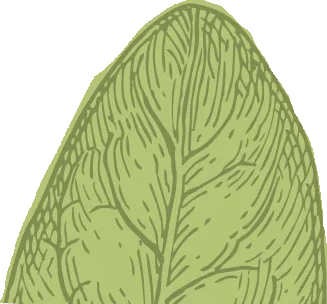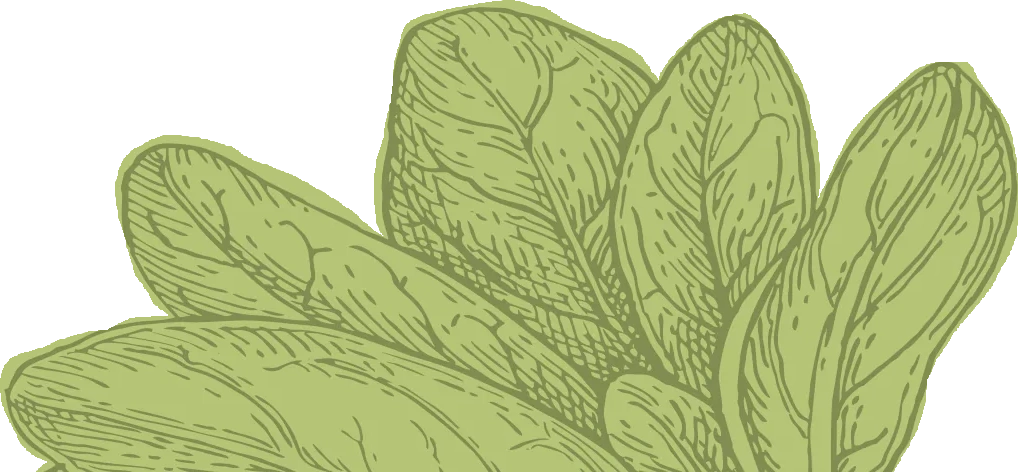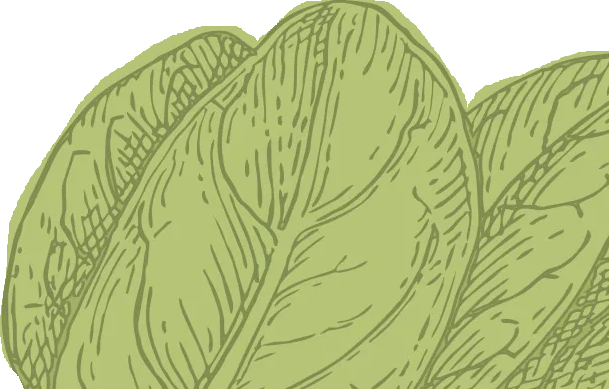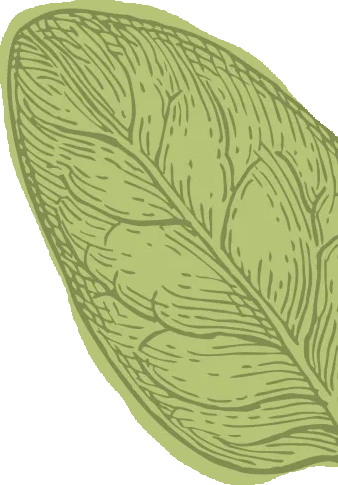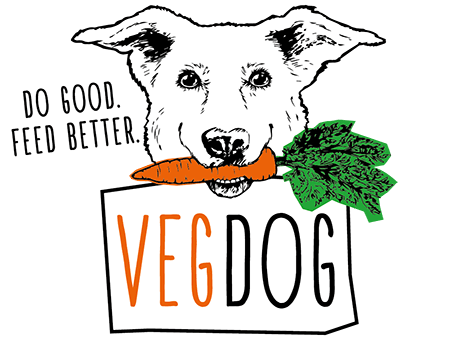
Cashew nuts - poison or healthy enrichment?
 Author: Carla Steffen
Author: Carla Steffen
 Proofreader: Veronika Hajek
Proofreader: Veronika Hajek
Cashews – harmful or nutritious?
Oops! Your furry friend has just eaten a cashew and now you're worried that it might be poisonous for them? Don't panic - cashews are harmless in small quantities. Here you can find out everything about when you should avoid feeding cashews and how you can make sure that they fit into your four-legged friend's diet.
Acajou, Bombay nut, cashew or elephant louse - the cashew nut has many names. Originally from Brazil, cashews are now widespread in tropical countries such as India, Vietnam, China and Indonesia. In the 19th and 20th centuries, the cashew tree also spread to many parts of the African continent. Countries such as Tanzania, Nigeria, Guinea-Bissau, the Ivory Coast and Ghana are now among the leading producers of cashews. More than 40 percent of the world's cashew nut harvest now comes from the African continent.
The cashew nut grows on an impressive cashew tree that can grow up to 15 meters tall and whose large root system counteracts the lack of nutrients in dry soil. Cashew nuts are not only good for nature, they are also a popular snack for people. But the question remains: can we also pass this snack on to our furry friends?
Cashews for dogs: A healthy snack in moderation
Basically, your four-legged friends can enjoy cashews as a treat - these little nuts are real immune boosters for your furry friend. They are not only rich in vitamin K, which promotes bone metabolism and blood clotting, but also in vitamin B, which is important for the nerves and cell metabolism of four-legged friends. Cashews also score points with an abundance of antioxidants, omega-3 fatty acids and fiber, which makes them an extremely nutrient-rich snack. Minerals such as magnesium, zinc, iron, potassium, calcium, sodium and phosphorus also contribute positively to health. Omega-3 fatty acids strengthen the immune system and brain function, and fiber promotes digestion in four-legged friends. Antioxidants can repair cell damage and thus slow down the aging process.
However, caution is advised: the small nuts should only be fed in moderation. The high calorie content and the phosphorus they contain can lead to obesity and kidney problems.
When should cashews not be fed?
If your furry friend weighs two kilos too much, it might be advisable to avoid feeding cashews. The high calorie content of these nuts can have a negative impact on obesity. Cashews are made up of almost half fat, with a fat content of around 46.6%. If, however, your furry friend is having difficulty eating enough and gaining weight, cashews can be helpful.
Pets who already suffer from kidney problems, such as kidney stones, should avoid eating cashews to avoid aggravating existing illnesses. Some dogs can also suffer from food allergies . Before feeding cashews, you should make sure that your furry friend is allergy-free. As long as your pet is not affected by any of these illnesses, there is nothing to stop you responsibly feeding cashews in small amounts.
A dosage guide
Cashew nuts should be fed regularly in small doses. A rule of thumb is that two to three times a week is an appropriate frequency for giving cashew nuts. Small dogs weighing up to 5 kilograms should be limited to one cashew nut per feeding. Larger dogs weighing 10 kilograms or more can be given two to four cashew nuts per feeding.
Chopped or as a treat? The best way to handle cashews:
Whether treats or ground in food - we show you which alternatives you can use when feeding:
A whole nut for in between meals?
Cashew nuts are a good occasional snack. However, the small nuts are easier for our dogs to digest and better utilize if they are offered chopped or ground. In comparison, whole nuts are harder to digest.
Small pieces and into the feed
Ground or crumbled cashews can be added to the food as a nutritional supplement . The advantage of wet food in particular is that the small nuts are harder for our furry friends to sort out. By regularly adding cashews, two to three times a week, our four-legged friends receive important vitamins and minerals. This particularly nutrient-rich supplement is ideal for underweight dogs, as it makes a significant contribution to their nutritional supply.
Important: No salt or sugar!
Cashew nuts are available in roasted, salted or sugared form to intensify the sweet, nutty taste. However, these variants are not suitable for our furry friends. Your four-legged friend should only be given natural cashew nuts without salt, honey, sugar or spices. If possible, it is advisable to use organic quality to protect your dog from pesticides or other harmful substances.
Tryptophan - Cashews as a mood enhancer for dogs?
The small cashew nut is rich in the serotonin building block tryptophan, which is largely responsible for the release of the happiness hormone serotonin. With an impressive 290 mg of tryptophan per 100 g, cashews are one of the best suppliers of this building block and are therefore often seen as a happiness maker for people. This means that cashews can also have a calming effect on people.
Unfortunately, the mood-enhancing effect on our four-legged friends has not yet been sufficiently researched.
What to do if the dog has eaten too much of the nut?
Eating large amounts of cashews once can cause stomach pain, diarrhea and nausea in your pet. Long-term overfeeding of cashews can also lead to obesity and chronic kidney problems . If your pet has accidentally swallowed a packet of cashews, it might be advisable to consult your vet. This may give you a chance to spit out the cashews in time.
Frequently Asked Questions (FAQ)
In principle, puppies can also eat cashews as soon as they no longer drink their mother's milk, around 7-8 weeks. However, you should pay close attention to the amount. It may be a good idea to consult a veterinarian to ensure that the nutrient ratio is optimal for the little ones.
Some oils, especially essential oils, are toxic to dogs because they may contain chemicals and other ingredients that our furry friends cannot tolerate. Tea tree oil, for example, contains terpinen-4-ol and cineo. If swallowed or absorbed through the skin, these substances can cause stomach pain, vomiting, dizziness and even breathing problems.
An oil deficiency, or rather a deficiency of certain fatty acids, can be recognized by the deficiency symptoms. These include, for example, increased hair loss or particularly dry skin. A dog diet that meets the needs is therefore crucial for a strong immune system!
